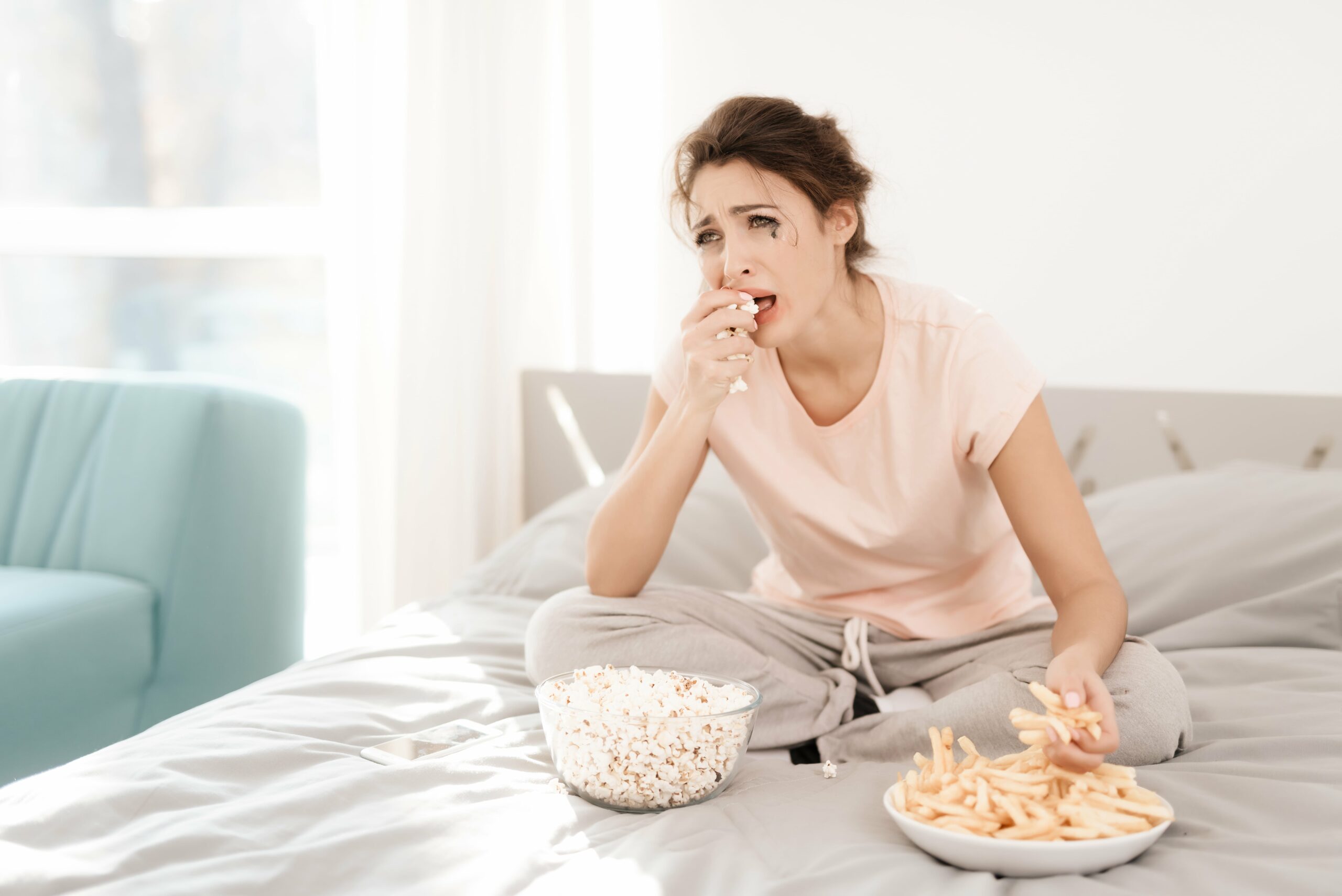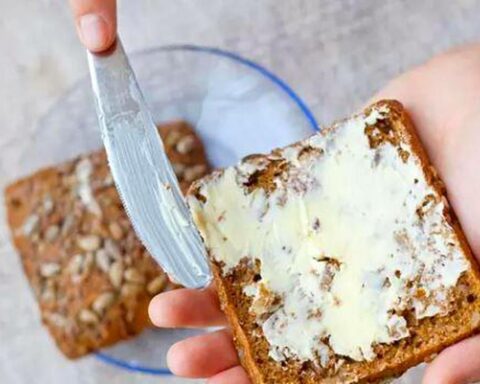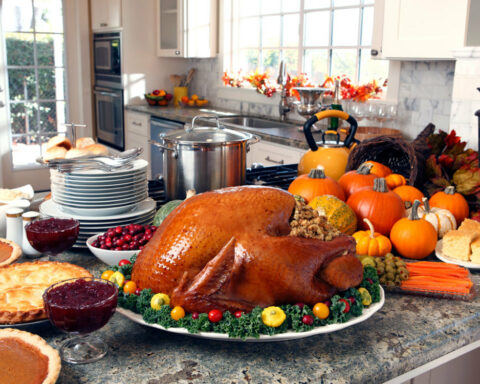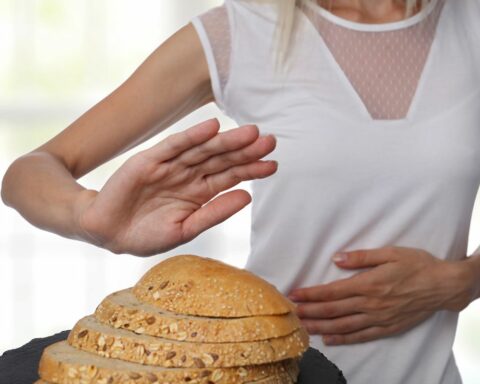As a psychologist, here are some reasons behind emotional eating, snacking, and food cravings;
Situational determinants
The most common are stress and hunger, and they tend to influence ones eating habits. People link an increase in stress levels to hunger feelings when facing stressful situations. This can make you dive into unhealthy eating habits as you strive to lower stress and hedonic hunger.
Psychological factors such as;
Restrained eating – limiting and monitoring can make you focus or spend many hours thinking about meals which can trigger cravings and emotional eating, especially when stressed or in bad moods.
Cognitive reappraisal can also increase these unhealthy habits.
A high sensitivity and response towards food are associated with snacking, and emotional eating as people eat more to elevate their moods.
Impulsive habits where people eat without minding the food or drinks they take and the effects on their body can contribute to these unhealthy eating traits. Being overweight, having high emotional sensitivity, and hormonal changes can make you snack or crave unhealthy foods.
- Is Mushroom Coffee Worth the Hype? An Expert’s Take - April 19, 2024
- Missionary Position – Least Likely To Bring You To Climax - April 7, 2023
- Vibrators could put you in Jail - March 31, 2023









